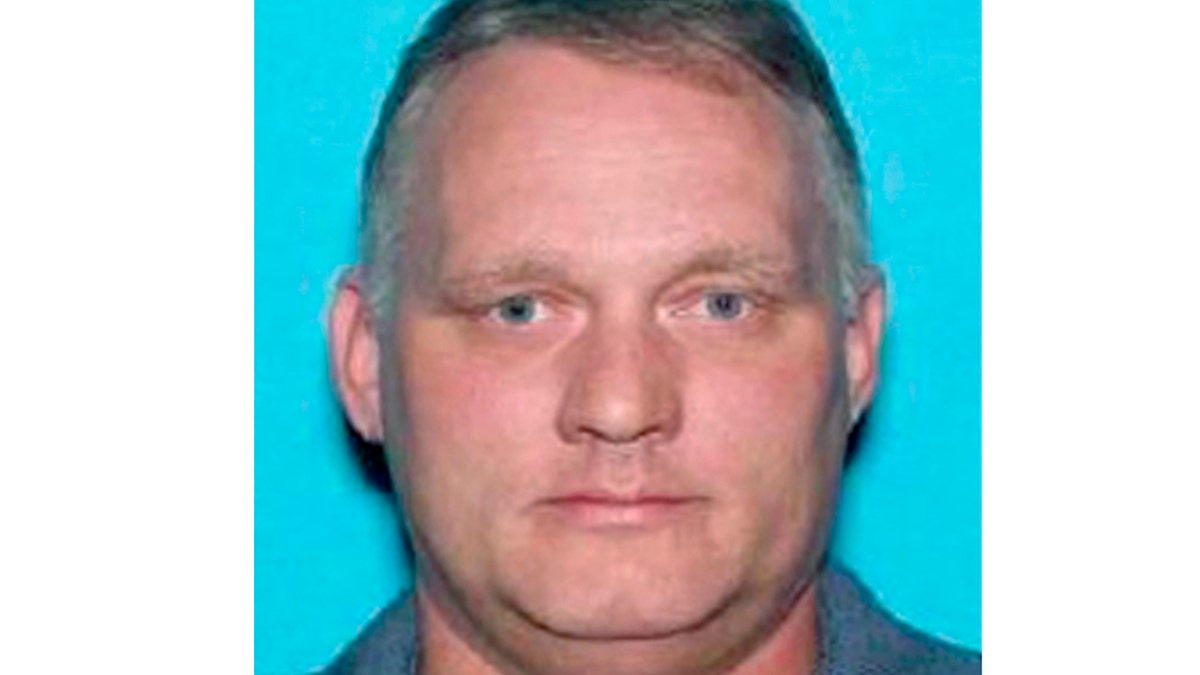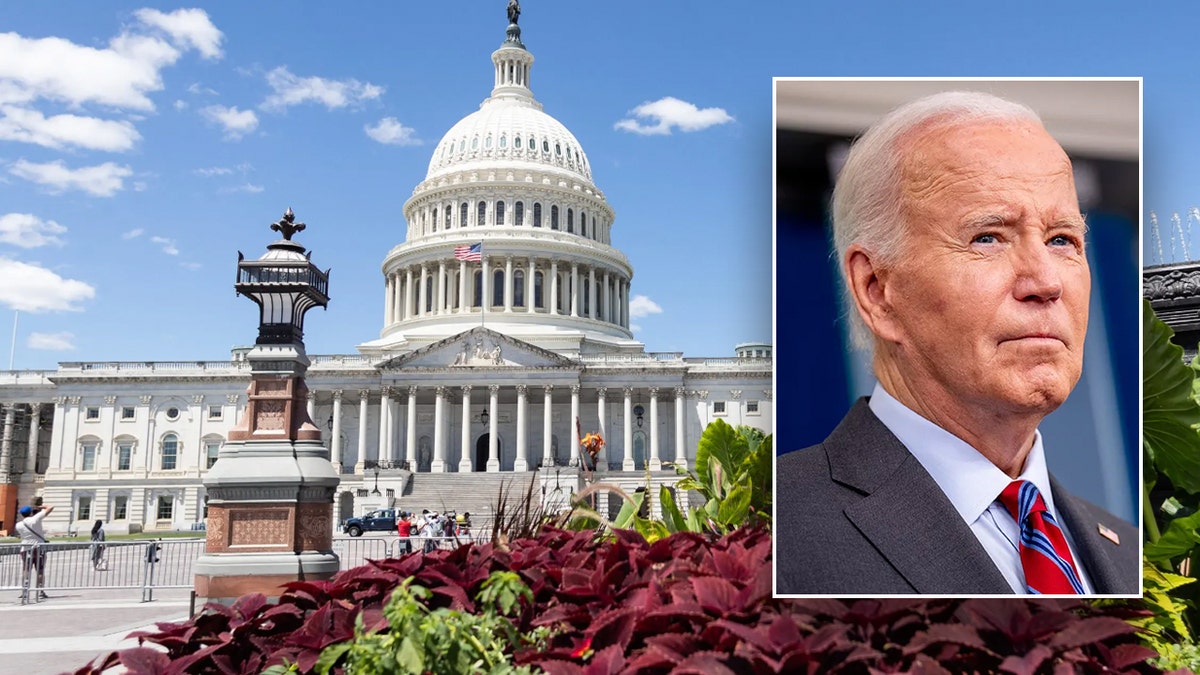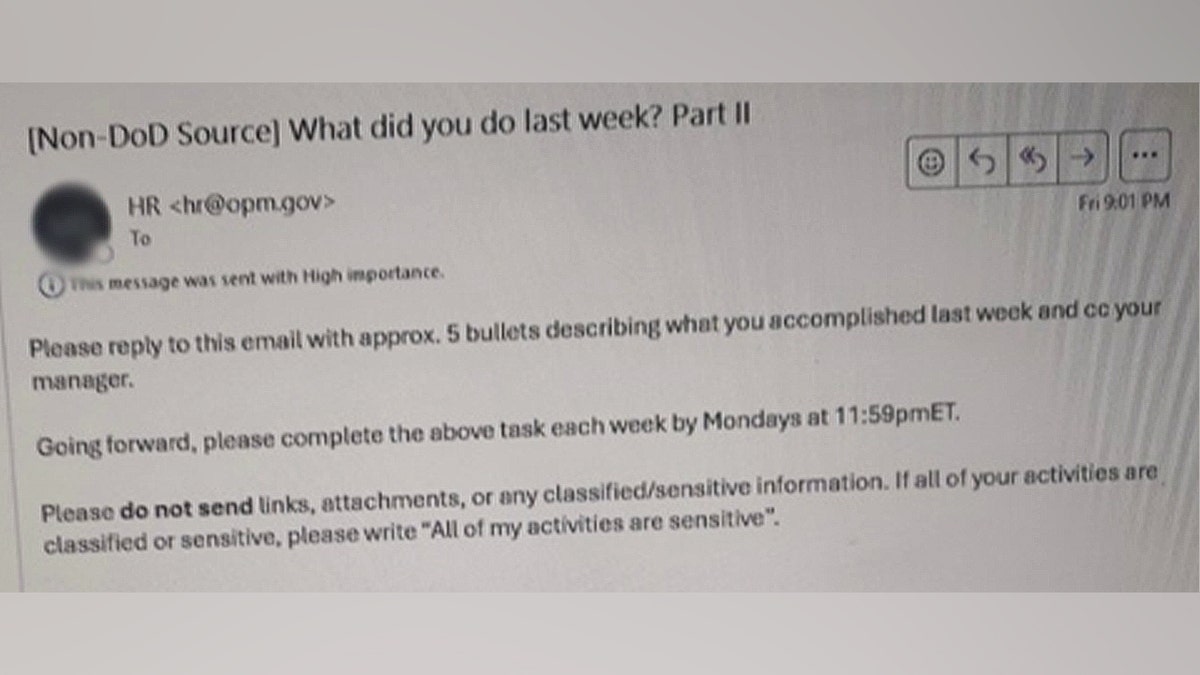In a compelling closing argument, prosecutor Soo Song urged jurors to deem Robert Bowers, the perpetrator of the 2018 Pittsburgh synagogue massacre, eligible for the death penalty. Song emphasized the meticulous planning and targeted vulnerability of the victims, who were commencing Sabbath worship when the attack occurred. The heinous act transformed the Tree of Life synagogue into a "killing ground," Song stated, underscoring the gravity of the crime that claimed 11 lives.
The defense is expected to present their closing arguments later in the day, focusing on Bowers' mental state. The central question for the jury revolves around Bowers' eligibility for capital punishment. If deemed eligible, the jury will proceed to hear further evidence before determining the final sentence. Should the jury find him ineligible, Judge Robert Colville clarified that Bowers would face life imprisonment without parole.
The crucial factor for eligibility hinges on the jury's determination of Bowers' intent to kill, coupled with at least one aggravating circumstance rendering the crime particularly atrocious. The defense has acknowledged the vulnerability of several victims due to age or disability, but contends that Bowers' capacity to form intent was compromised by schizophrenia, epilepsy, and a delusional belief system. They argue his actions were driven by a distorted perception of preventing a genocide against white people.

This undated Pennsylvania Department of Transportation photo shows Robert Bowers. (Pennsylvania Department of Transportation via AP, File)
Song countered these claims, citing Bowers' own admissions to a defense expert. He reportedly detailed his meticulous planning, the consideration of other Jewish targets, and expressed regret for not killing more people. Song highlighted Bowers' self-reported calmness and focus during the shooting, emphasizing his clear intent. She argued that even if Bowers suffered from schizophrenia or epilepsy, it wouldn't negate his ability to form the intent to kill.
Bowers, a 50-year-old truck driver, was convicted on 63 counts, including obstruction of religious freedom resulting in death and firearm use in committing murder, each carrying a potential death sentence. While the defense offered a guilty plea in exchange for a life sentence, prosecutors pursued a trial seeking the death penalty, a decision largely supported by the victims' families.








